ESKİ İNGİLİZ SAĞLIK BAKANI KOLESTEROL HAPLARININ ETKİNLİKLERİNİN İNCELENMESİ ÇAĞRISINDA BULUNDU

Dikkat: Yazının sonunda ek var!
***
İngiltere eski Sağlık Bakanı liberal demokrat Norman Lamb, ülkenin önde gelen doktorlarının faydasının fazlaca abartıldığını iddia ettikleri kolesterol ilaçlarının bağımsız uzmanlar tarafından değerlendirilmesi çağrısında bulundu.
İlacı 5 sene süreyle alan her 50 kişiden sadece biri kalp krizi veya felçten kurtulurken bu ilaçların kas ağrısından karaciğer hasarı ve diyabete kadar birçok ciddi riski var.
Uzmanlar, klinik araştırmaların şeffaf olmaması dolayısıyla statinlerin faydalı olduklarından şüphe duyduklarını söylüyorlar.
İngiliz Kalp Vakfı, milyonlarca insana yazılan bu ilaçların senede 7 bin kişinin hayatını kurtardığını savunuyor ve kalp krizi ve felç riskinin on sene için yüzde 10’ dan fazla olanların bu ilacı almalarını tavsiye ediyor.
NHS, bu ilaçları alanların çoğunda herhangi bir olumsuzluk görülmediğini ama her 10 kişiden birinde baş ağrısı, kan şekeri yükselmesi ve burun kanaması, her 100 kişiden birinde hafıza kaybı, uykusuzluk ve baş dönmesi ve her 1000 kişiden birinde de görme problemleri, kolay kanama ve sarılık görüldüğünü bildiriyor.
Kolesterol hapları dünyanın en çok kullanılan ilacı ve 40 yaşın üzerinde olanların yüzde 30’ unun bu ilacı almaya uygun olduğu biliniyor.
65 yaşın üzerinde olan erkeklerin ve 70 yaşın üzerinde olan kadınların neredeyse tamamının sağlıklarına bakılmaksızın yüzde 10 sınırının üzerinde oldukları hesaplanıyor.
Sık bildirilen yan etkiler arasında baş ve kas ağrısı, bulantı var; tip 2 diyabet, hepatit, pankreatit, görme problemleri ve hafıza kaybı riskini de artırıyor.
Pharmaceutical Journal’ de geçen sene yayınlanan bir araştırmaya göre 5 sene süreyle statin alan birinin ömrü sadece 4 gün uzuyor.
Kaliforniya Üniversitesi profesörlerinden Rita Redberg de 5 sene süreyle statin alan kalp krizi ve felç geçirmemiş 100 kişiden en iyi ihtimalle 1 veya 2 kişide kalp krizi ve felçlerin tekrarlamasının önlenebileceğini ama hiçbirinin hayatta kalma sürelerinin uzamayacağını açıklamıştı.
Buna karşılık sör Nilesh Samani gibi ilaçların gerçekten faydalı olduklarını, hayat kurtardıklarını ve emniyetli olduklarını söyleyenler de var.
Gelelim neticeye
İlaç şirketlerinin insan sağlığından önce kendi kazançlarını düşünmeleri tıbba olan itimadı derinden sarsıyor.
***
EK 1 (2.8.2023): Are medical journals dead?
Problems that have plagued medical journals for decades include the failure of peer review, replication crisis, ghost-writing, and the influence of Big Pharma.
In 2004, Richard Horton, editor of the Lancet wrote, “Journals have devolved into information laundering operations for the pharmaceutical industry.”
More recently, Peter Gøtzsche, one of the founding fathers of the Cochrane Collaboration said, “The medical publishing system is broken. It doesn’t ensure that solid research which goes against financial interests can get published without any major obstacles.”
Scientific publishing is now one of the most profitable businesses. Elsevier, for example, made$2.9 billion in annual revenue with a profit margin approaching 40%, rivalling that of Apple and Google.
But despite these impressive numbers, trust in medical journals has diminished, and this has only been exacerbated by the covid-19 pandemic.
Peer review fail
Former editor of The BMJ Richard Smith once famously wrote; “Peer review is faith not evidence based, but most scientists believe in it as some people believe in the Loch Ness monster.”
In a recent conversation with Richard Smith, he explained why.
“Peer review was thought to be at the heart of science – that is, who gets a grant or who gets a Nobel Prize – and I suppose it wasn’t until the 80s and 90s that somebody actually examined it – it was just sort of assumed to be a good thing,” said Smith.
“Then people began a series of experiments – there was a Cochrane review – looking at the evidence to see if peer-review was beneficial. And actually, what they found was that there was really no evidence,” he said.
Smith, who worked at The BMJ for 25 years said the peer-review process is slow, it’s expensive, and it stifles the publication of innovative ideas.
“There are lots of examples of ground-breaking work that were rejected by peer-reviewers but go on to win Nobel Prizes. Is the work crazy? Or is it truly genius? Peer review is not good at deciding that,” he said.
Peer review also fails to detect fraud. The recent Surgisphere scandal is a case in point.
Lancet and New England Journal of Medicine were forced to retract studies after researchers reported a link between treatment with hydroxychloroquine and increased death of hospitalised covid patients.
Glaring discrepancies were found in the database underpinning the studies, but were not detected in the peer-review process.
“If researchers say there were 200 patients in the study, then you assume there were. But we have increasing evidence that that’s not the case – there are a lot of zombie trials that never happened or have been manipulated in some way,” said Smith.
“So, in a nutshell, we have lots and lots of evidence of the downside of peer review and really no convincing evidence of its upside,” he added.
Rita Redberg, a cardiologist at the University of California San Francisco, who recently stepped down after 14 years as chief editor of JAMA Internal Medicine, concedes that peer-review is “not perfect”.
“You always assume that what the authors are telling you is true. The process depends on the honesty of the authors, and yes, people can be dishonest. But we’re doctors, we’re not investigators with the resources of the FBI. Of course, when any potential dishonesty comes to our attention, we will investigate,” said Redberg.
“It has its problems, but what’s the alternative? No peer-review? In general, I think peer review is much better than a system without peer review,” added Redberg.
Politicisation of journals
During the pandemic, some journal editors became increasingly politicised.
Editors at the New England Journal of Medicine, for example, took the rare step of writing an editorial in 2020, urging American voters to oust the sitting President. It was a controversial move.
John Ioannidis, Professor of Medicine at Stanford University, and the most cited scientist in the world, said he is not in favour of the politicisation of medical journals.
“The message it sends is that scientific journals are just another arm of the political propaganda machine,” said Ioannidis.
“That’s not to say that scientific journals shouldn’t take stances on important issues that are decided by politicians like climate change, regulation of industry, and environmental pollution. I just think the editorials were very poor choices and not for the pages of the journals,” he said.
Ioannidis is not convinced that these political statements swayed anyone to cross the political aisle, and thinks the editorials should be retracted.
“To be honest, the editors who made these statements should retract their own editorials on these political issues. Editors can keep their political orientation and still cover all the big important medical issues,” he added.
Emergence of pre-prints
Pre-prints are non-peer-reviewed articles posted on servers such as medRxiv and bioRxiv, that allow thousands of people to view the research. Many see this as a double-edged sword.
It enables faster data sharing in an emergency and quick feedback, but it also opens the door to sloppy science that can be widely disseminated by the public and the media.
Redberg’s personal view is that pre-prints, which have not undergone peer-review, are potentially harmful.
“I think there’s a danger of putting out information that’s not accurate. For approval of drugs and devices, it’s worth taking the time to get things right. I feel much more confident that you’re going to get it right if it’s undergone peer review,” said Redberg.
“I think it started with very good intentions – people sharing their work and getting comments – but the articles stay up there even after they’re published in journals, and having an older, different–and possibly inaccurate–version remaining in the public sphere may inadvertently disseminate incorrect information,” added Redberg.
Ioannidis, on the other hand, says he is in favour of pre-prints because “they offer more transparency in the system, and they allow for some earlier dissemination of work,”.
But he warned it can be a battlefield citing experiences where some of his pre-prints would receive more than 1000 peer reviews within a day of release.
“A few were very, very helpful. Hundreds of them were just abuse. It was a very traumatic experience. If you separate what is the good contribution versus the abuse, then I think that they’re useful,” said Ioannidis.
Smith argues that pre-prints actually prove his point about the failure of peer-review. “If you look at what eventually appears in journals, it’s usually very similar to the original pre-print. So, it’s evidence that peer review has not made much of a difference,” said Smith.
“What I argue is that the peer review should not be three or four selected people looking at something before it’s published, but where the ideas are available to everybody. That’s the real peer review,” he said.
Scientific censorship
Publishing articles in medical journals during the pandemic, especially research that was critical of vaccine safety, was sometimes censored or retracted for no good reason.
For example, a peer-reviewed paper linking the mRNA vaccines with myocarditis, authored by doctors Jessica Rose and Peter McCullough, was suddenly withdrawn with insufficient cause.
Some high-profile scientists have decided that the time burden and logistical intensity of publishing in the major medical journals is simply not worth it.
Carl Heneghan and Tom Jefferson, for example, two of the most reputable researchers in the world, say they’ll only publish in specialised journals that have peer-reviewers with the right expertise.
Otherwise, the bulk of their work is published on the writing platform, Substack (Trust The Evidence).
“I do worry about that,” says Ioannidis. “We need the voices of people like Carl Heneghan and Tom Jefferson and others in the mix. I suppose if they’ve been thwarted, then there must be some venue where that missing part can appear, and perhaps Substack caters to that need.”
“I do wish that we get them back into the traditional type of medical journals though. If the classical literature is missing a very key perspective like theirs, then the distortion becomes bigger,” he said.
“It makes it more difficult to balance the literature when knowledgeable, critical voices are missing. I know I may sound like I’m willing to stick to that sinking ship. But I would prefer to not fragment science into medical journals, and Substack and who knows where else,” added Ioannidis.
Smith on the other hand, is more enthusiastic about self-publishing.
“I’m in favour of getting it out there. Let the world decide. It makes a lot of sense to me,” says Smith citing his own challenges with publishing in medical journals.
“Recently, I submitted a piece to the Lancet – a book review – and there was the hassle of all the forms you have to fill in, all the comments from the editors, which I mean – maybe it’s arrogance on my part – but didn’t seem to make things much better,” said Smith in a perturbed tone.
“You’ve got a particular voice, and they disrupt it to some extent. So, it ends up much messier. Doesn’t feel to me like there’s a lot of value added in that process,” he said.
Smith says self-publishing is more of a problem if you are a junior researcher and want to rise in the academic arena.
“You need to publish in these journals because that’s how you’re judged. If you’ve published in the New England Journal of Medicine, it’s assumed to be a very significant piece of research. I mean, it’s completely unscientific to use the place you publish as a surrogate for the value of the research, but that’s what continues to happen,” said Smith.
Diminished trust
Redberg says it’s not just medical journals that lost trust.
“I think people’s trust in medicine and public health diminished in general in the last few years. The sad part to me is that science became political – whether you wore a mask or not became a political statement – It’s not a political question. It’s a scientific question,” said Redberg.
Ioannidis who famously authored the paper, “Why Most Published Research Findings Are False” said, “I think that we are losing…well, we have already lost the trust of a major part of the population.”
“Covid created a lot of extra stress on the system. People wanted to publish papers very quickly, by now it’s almost a million papers. We’ve looked at the covid literature and most of it was very sloppy, corners were cut, probably worse than usual,” said Ioannidis.
“The frontier of science is broken at the moment. If we do not acknowledge that we have a problem – and make no mistake – we have a very serious problem, then it will be difficult to defend against conspiracy theories or against people who just want to make money by spreading misinformation or disinformation,” he added.
So, are medical journals dead?
“I don’t think medical journals are dead, no. I feel like they’re busier and more important than ever, because there’s so much innovation and I think that disseminating it through a high-quality, peer-review process is the best way to go,” said Redberg.
Ioannidis is quick to acknowledge there is a problem with medical journals. “They are very sick, and they suffer from all sorts of diseases, but I just don’t want to say that I’m giving up on them. They need to transform. I hope that they get better. But I don’t want to proclaim them dead yet.”
Smith agrees that there’s a role for medical journals, but he seems less invested.
“It’s interesting to me in a way that journals are still alive, because I think there’s a lot of reasons why they should be dead,” said Smith.
Kaynak: https://brokenscience.org/are-medical-journals-dead/?utm_source=substack&utm_medium=email
***









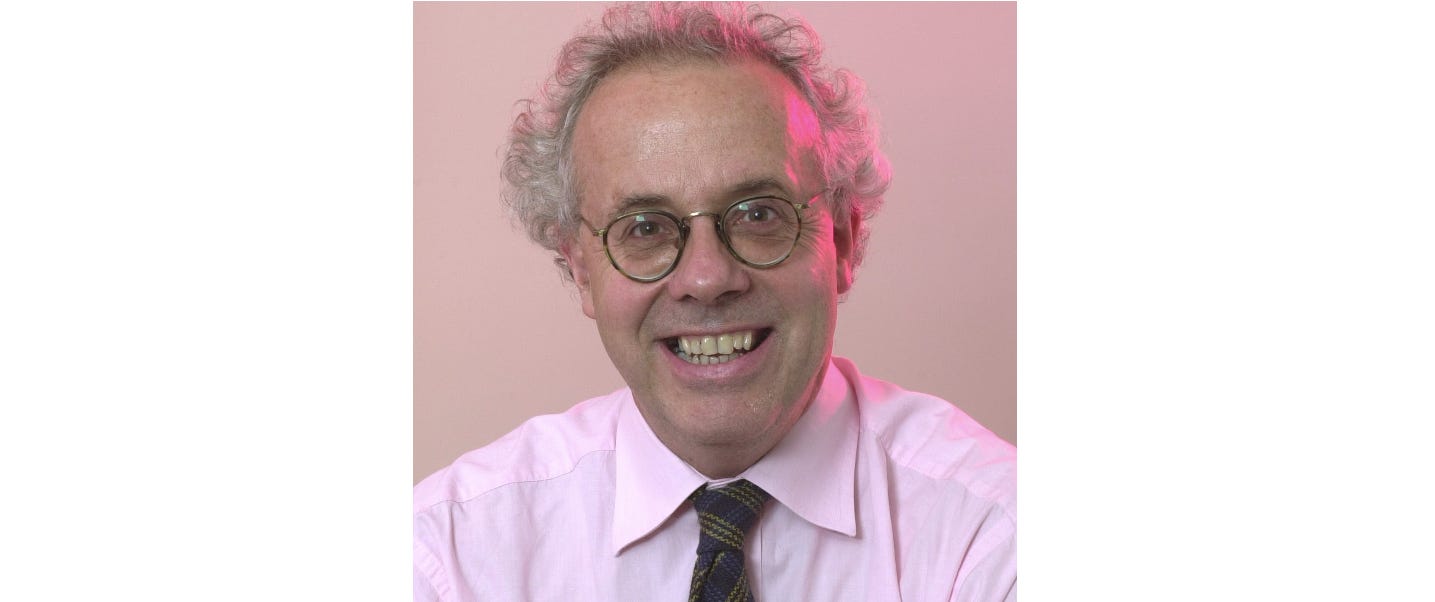
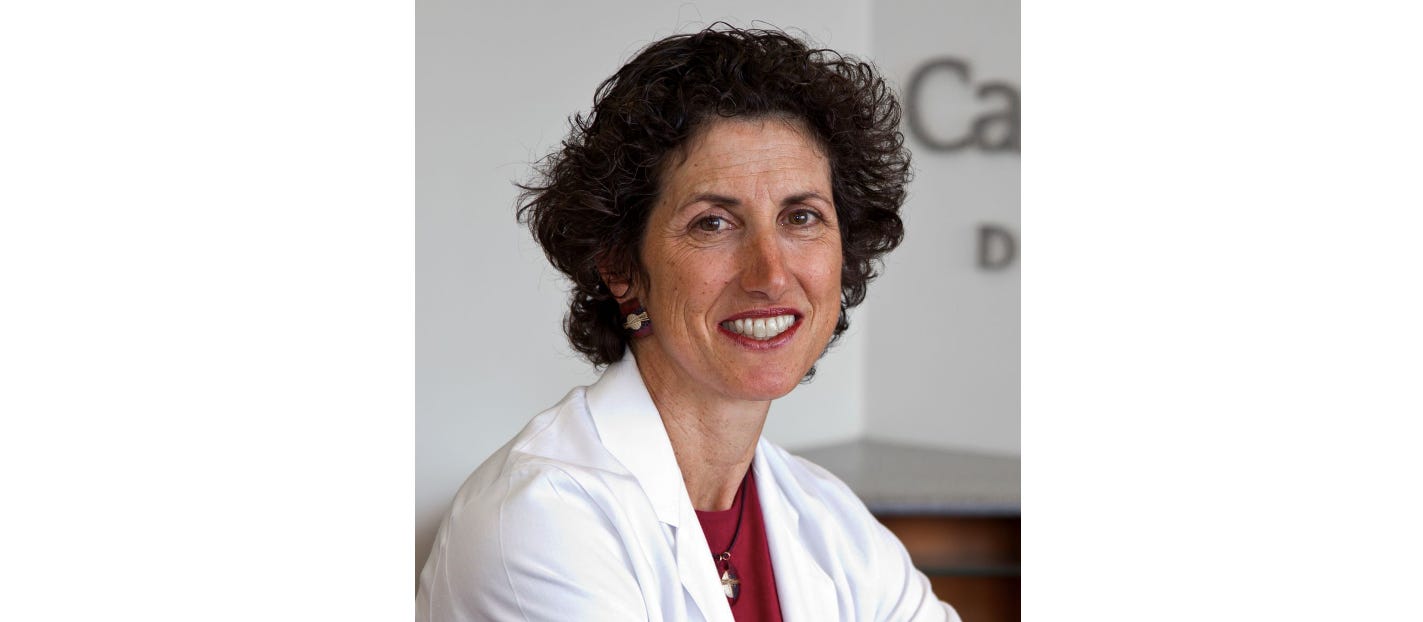


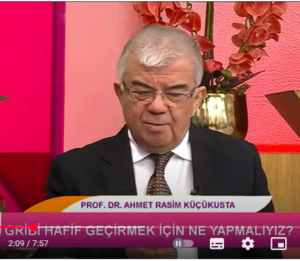
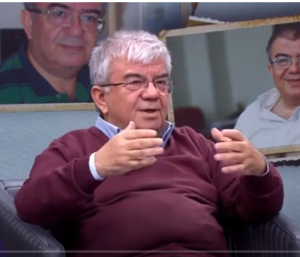
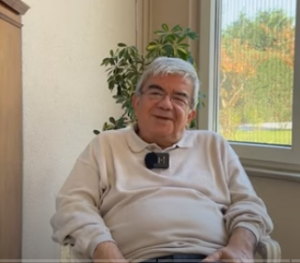
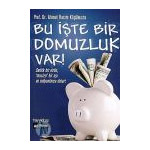

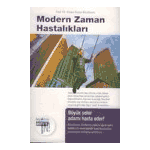
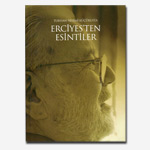

Doktorlarımız bu ilaçları bizde de herkese yazıyorlar, istemiyoruz diyince de çok biliyorsan kendin kendini tedavi et bu ilacı almazsan şak diye kalp krizi geçirirsin felç olursun diye korkutuyorlar
Ben bu hapı içtikten birkaç hafta geçmedi ki bacaklarıma kramplar girmeye başladı ve yürüyemez oldum. Doktoruma danıştım ilaç yapmaz sende zaten romatizma var ondandır ilacına devam et dedi. Devam ettim ama olacak gibi değil kendim kestim ağrılarım hemen geçti.
Bizim sağlık bakanlarımızdan böyşe bir derdi olana rastlamadım. Demek ki bize böyşe bir problem yok.